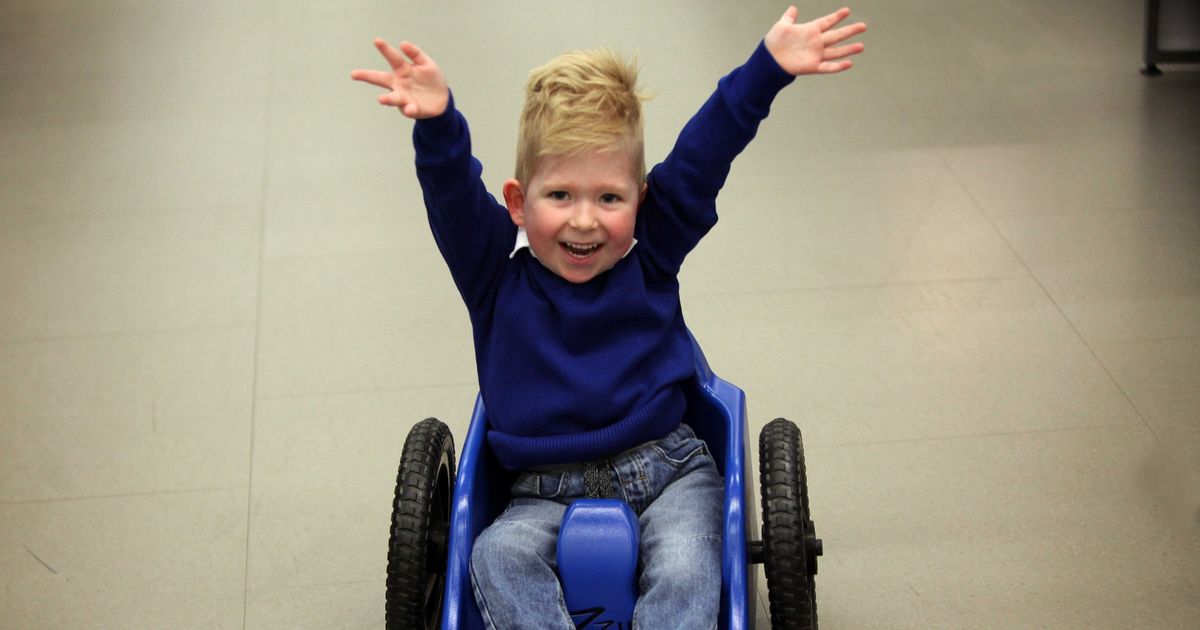Symptoms Of Spina Bifida
Symptoms Of Myelomeningocele

Myelomeningocele is the most severe form of spina bifida, and although it shares many of the same symptoms as the other types, it also has its own symptoms to be aware of. Some of the specific symptoms of this type include cognitive and learning difficulties, especially if hydrocephalus is present, Type II Arnold-Chiari malformation, coordination, paralysis, bowel and urinary incontinence, meningitis, and other problems. In this severe state, an individual may experience awareness, thinking, judging, knowing, and learning difficulties, as issues with the neural tube can have a negative impact on the brain’s development. Specifically, if the brain’s cortex and frontal lobe do not develop properly, cognitive and learning difficulties can quickly arise.
Patients can also experience Type II Arnold-Chiari malformation, which is an abnormal brain development involving the cerebellum, which can cause hydrocephalus, and affects language processing and physical coordination. Other issues a patient may experience are skin and gastrointestinal problems, latex allergies, and depression.
Next, learn about the different symptoms associated with the two other types of spina bifida.